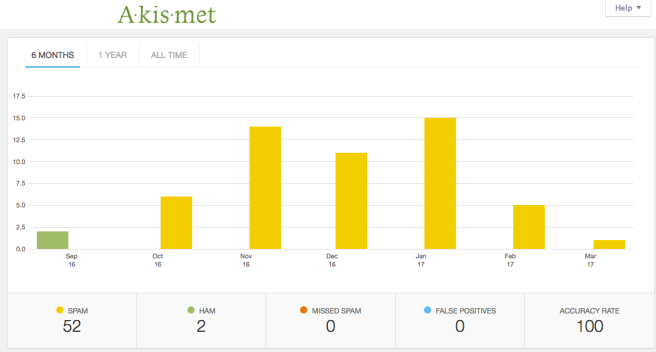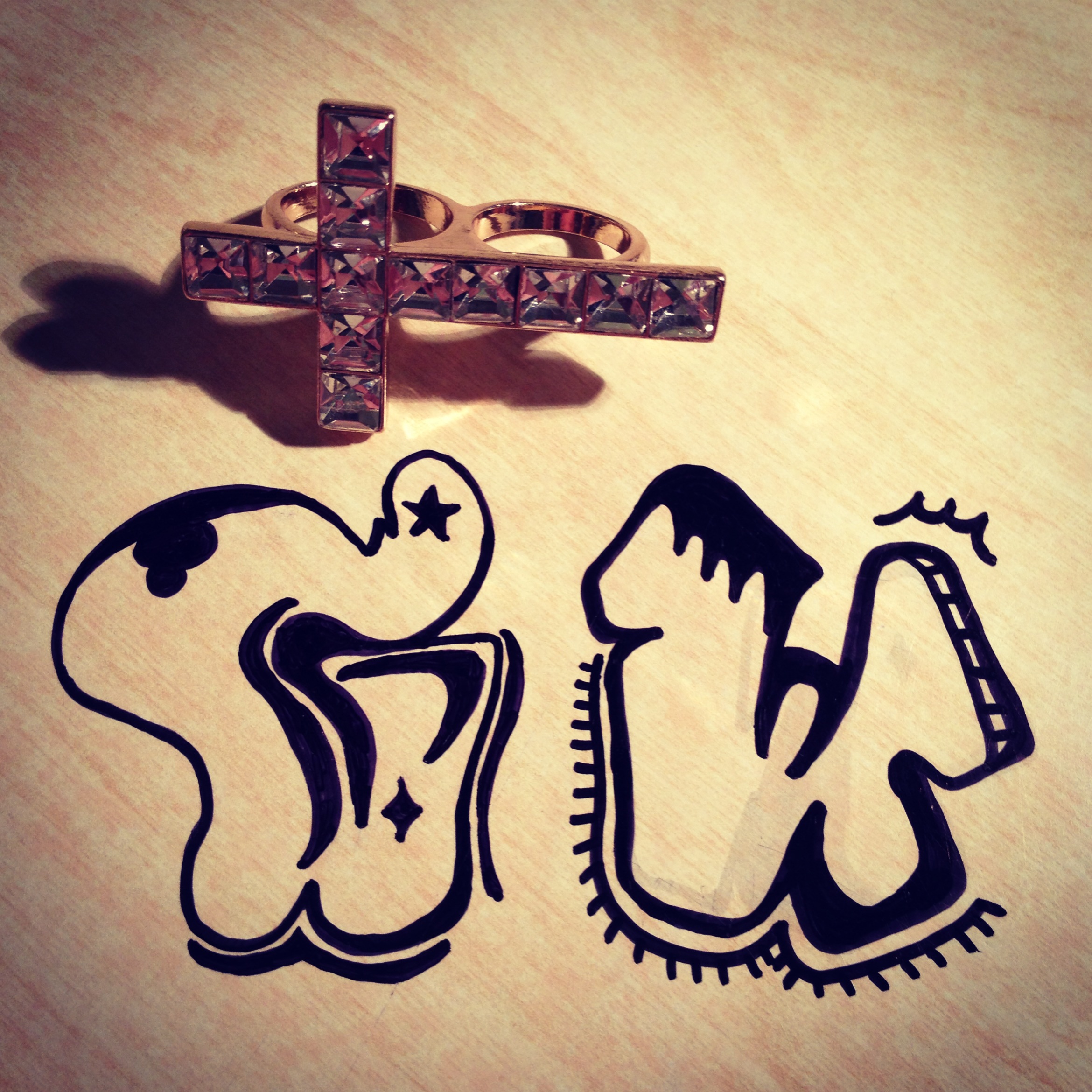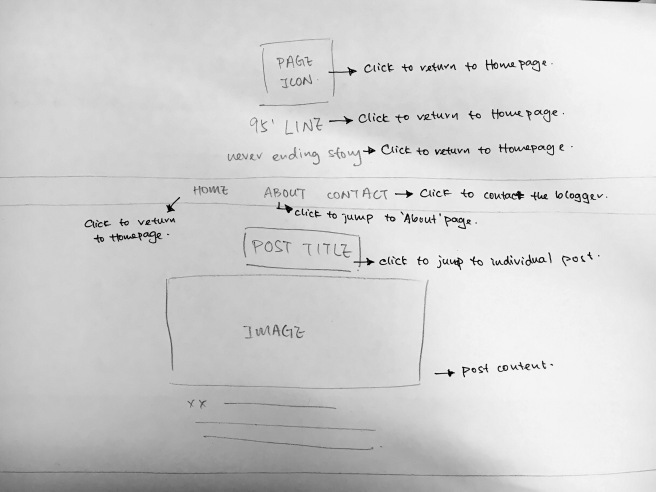How does tag work? It is sort of like a name card to categorize posts together in a group. It can bring the readers to the relevant posts and links just by clicking it. For example, if a reader click on a tag which says ‘fashion’, posts with fashion-related article, image, video or anything would be listed underneath and it’s up to the reader to click on anything that is in their interests.
Tag: networkedmedia17
Ethical Blogging
I was told to read this article Ethical Blogging – a 10 point guide and write a post about it. I’ll summarise what had mentioned in this article:
- Differentiate between factual and personal opinion. Of course, readers tend to get mixed up between these two as there are times when bloggers who can defend their own opinion really well which will make a lot of sense to the readers, and thus, this will cause the readers to think those comments might be actual facts.
- Plagiarism is forbidden. Another obvious statement. Think about it, if you have studied for your final semester exam super hard, would you like to have the person next to you copying off your answer? NO.
- Reference and give credits. I am not talking about the referencing style like what we do for our school project, but link their work on your post. Give credits as well. They might have been doing research for years and you’re just there taking bits of their facts without giving credit. Don’t you feel bad for them?
- Avoid factual errors. This is something we all want to avoid as much as possible. Stuff spreads fast on the internet nowadays, and of course, it is possible to have factual errors, but remember to correct it as soon as possible once you’ve found out the mistake.
- Encourage readers to comment freely. Yeah, this makes sense since I do wonder how different would other people think about the same topic.
- Be truthful. Famous bloggers get a lot of consistent readers viewing their blog and companies tend to look for them to review on certain things, and normally, the bloggers get paid. What had mentioned in the article is that try to avoid business here and be truthful, regardless of good or bad.
- Think before you write. Same theory. You won’t watch porn in the living room when your family might just come in anytime, will you?
- Be responsible. What you write might have mentally or emotionally effect on a reader, and again, think before you write. Even if you really dislike anything, don’t go beyond the boundary. Watch your words when critisizing it.
RMIT Basketball Court
Tuesday afternoon
I tried to upload videos from my phone but was told to go outside because the weather was nice.
Untitled from Griffin Wong on Vimeo.
Blog interface
Akismet

I’m actually surprised that I have people viewing my blog and following me. A big fat thank you to the likes I’ve received and my followers!
Copyright
Basically, RMIT’s resource for copyright on blogging allows people to use short quotes and images or videos that have the creative commons license, which also means they are allowed to be used for education purposes only. RMIT only allows students to link other pages rather than repost a post from other blogs as that will be considered as plagiarism. If we were to use student works, please ensure that the particular student has given the permission for using their images or media files.
There is a lot more to learn but here’s the video.

